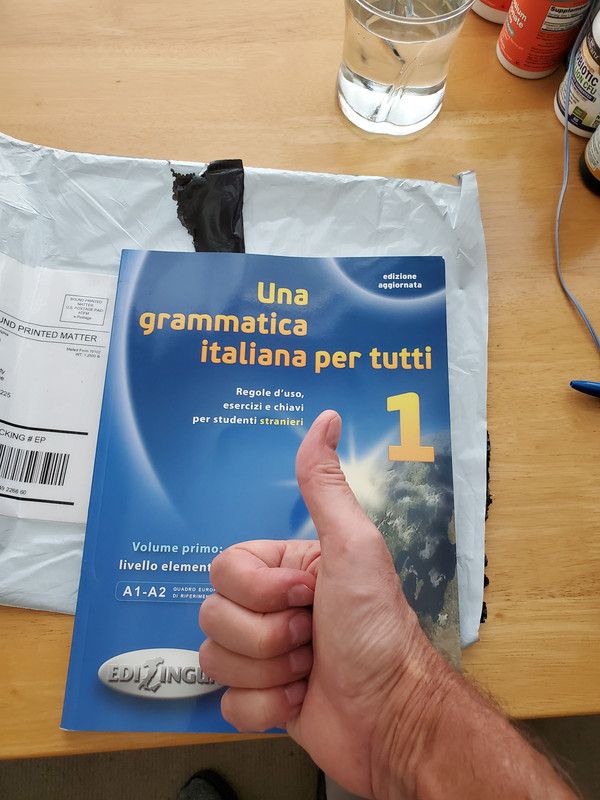My first conversation class went really well yesterday. Obviously, I didn’t speak very well, since it was my first time. But even though I had less preparation than any of my previous languages, this was the best first conversation ever. I entered a lot of items in anki – 38. That may be the most ever, and it’s a rate I can’t maintain for long. That number needs to drop below 20. Maybe by the end on the week...
Also, after the lesson I immediately decided to stop Pimsleur. No need to even finish the first level – my time is better spent doing other activities now. In the past, I would have bought CDs for all three levels, total cost of over $300. This time, because of the subscription format and fewer lessons, I only spent $20!
Today, my second class also went well; 31 new items in anki. The teacher was not as good at conversation; I had to drive it most of the time, which is hard for a beginner. Some teachers just know how to do random conversations, and some don’t.
Understanding the language is the least of my challenges – I probably understood 90% of what she said today. But I yearn for the days when I will be able to speak comfortably, without wondering if I can just use a Spanish word for the Portuguese. I’m thinking about visiting Brazil a couple months from now. If I can get 50 hours of conversation under my belt by then, I should be fairly comfortable. I plan on just staying in one city, meeting language exchange partners and doing day trips for 1 month.







